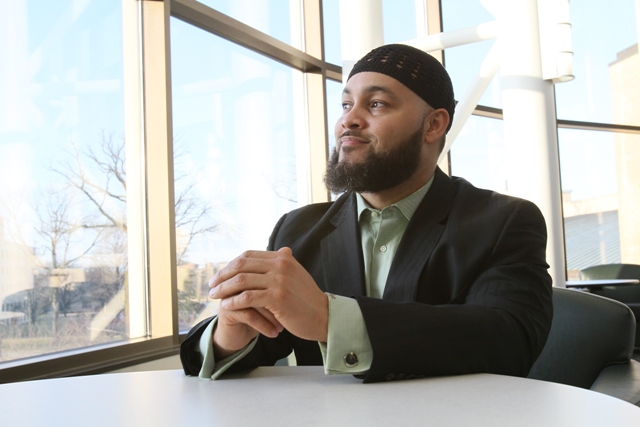Emotional Needs of Our Children When It Comes to "DISCIPLINE" (Pt. 2)

Bismilah Ar Rahmaan Ar Raheem
As salaamu alaykum wa rahmatullah,
It’s imperative for parents to understand that the human brain isn’t considered mature until 25 years old according to new neuroscience findings which can explain some of the things our children decide that make absolutely no sense.
Knowing this I use a Six Step System of Corrective Discipline when it comes to my children;

As parents we have 3 main roles;
- Celebrity (role model)
- Confidant (teacher)
- Coach (disciplinarian, cheerleader)
When we look at championship athletes we don’t usually see all the work they put in to get in shape and be able to compete. We simply see the results without seeing the sweat, pain, injuries, and grit that it takes to win.
As coaches we must treat our children as little human beings because that’s what they are. Communication is the number one tool that we have and the better our communication the better the results. However it is imperative that like a coach, we have a vision for our children’s behavior. Not necessarily something rigid to fit in our ideal vision but something that allows them to have their personality while knowing the boundaries.
One way to do this is to recognize the different stages that your child grows through. I currently have children in all three stages. I call Stage One the years between 1 year old and 7 years old. This is the age that we explain repeatedly why we do things in a certain manner and that they are a valuable part of the family (team). By explaining, we are looking for understanding by having our child repeat to us what they understand from what we’re saying. Corrective discipline in this stage tends to be in Visual, Audio, and Stillness categories. I currently have three children in this category.
Stage Two is for those between 8 years old and pre-teen. It is this stage that a child’s personality begins to be shaped. It’s also at this stage that the rest of the six stages of discipline go into effect. Communication is key and your example is that much more important in this area because they begin to form concepts on who is authentic to their word versus a person that says do as I say do but don’t do as I do. I have two children in this category.
Stage Three is for early teens to late teens. This is the young adult phase and where many parents have the most challenges. This stage many times deserves much more attention because the desire for independence gets stronger as well as the pull from society whether it be due to social influence or peer pressure which easily anchors in with children in many cases. Communication and respect in this phase is essential but when built upon the preceding two stages it is much easier to deal with. I have four in this stage.
The transitions between stages is not necessarily difficult to gauge but it is based more on maturity than age. Knowing that your daughter is more motivated by competition while your son is motivated more by losing privileges allows you to influence them more based upon their motivating factors. One way I get my children to start chores at about 3 years old is by asking them to get the trash cans from the house and empty into the large one. It doesn’t sound like fun but when I explain how it’s an important job and that they are part of the team, it gives them a healthy dose of pride. Plus if you have a timer, that’s even better because competition is a strong motivator.
With that being said, what words of encouragement and recognition are you using with your children regularly? Feed them the encouragement at home so they remember a nurturing family environment that demonstrated discipline by praying together, fasting together, doing chores together, and celebrating together so they take and make that a part of their life naturally bi ithnillah.
jazakAllahu khayr,
Nazir binNaseeb
Author of Muslims Parenting on Purpose Vol. 1
If you haven't seen our courses or joined our email list for our FREE video series, check OutstandingMuslimParents.com
Connect with us below at:



